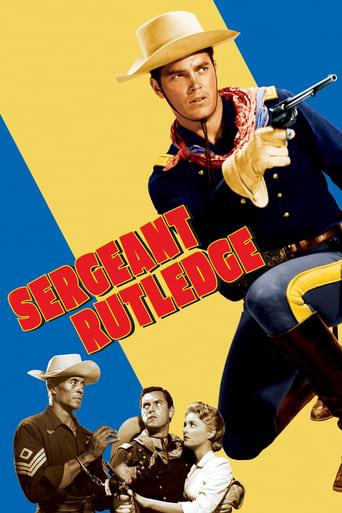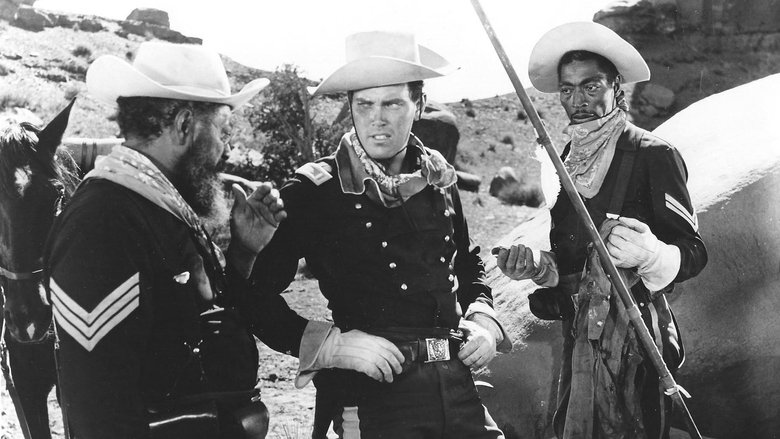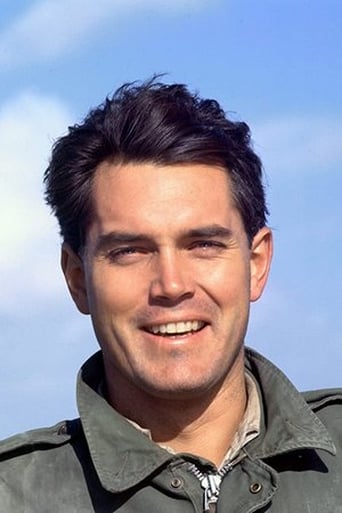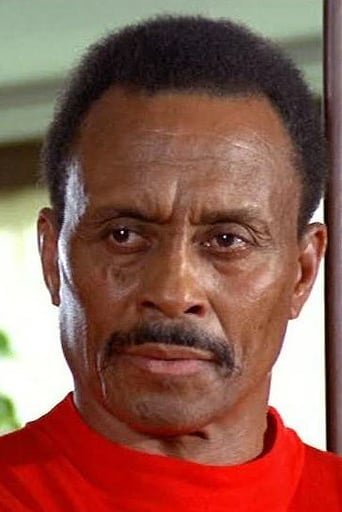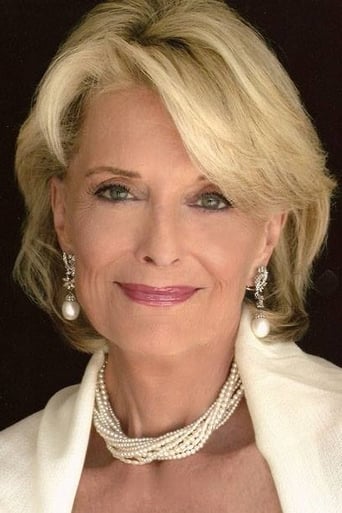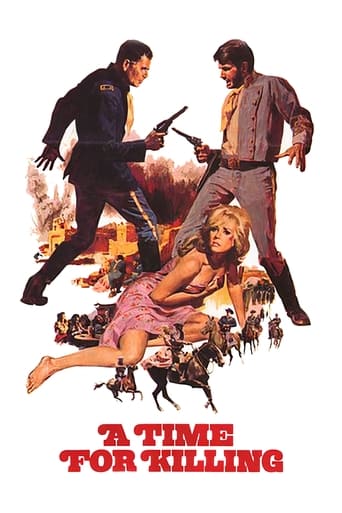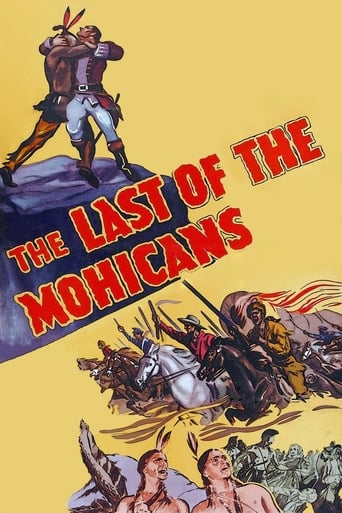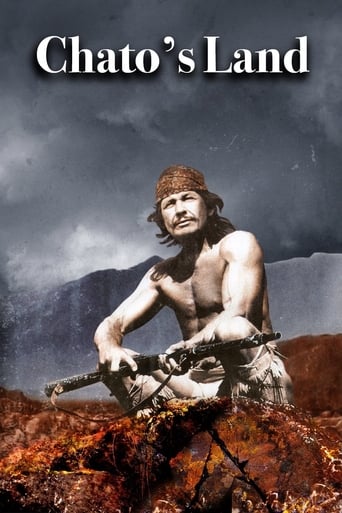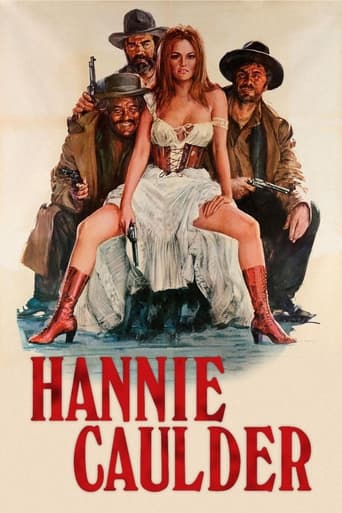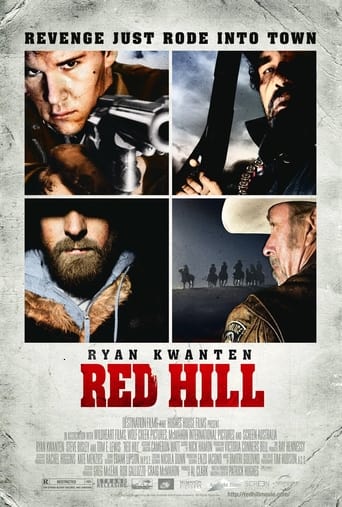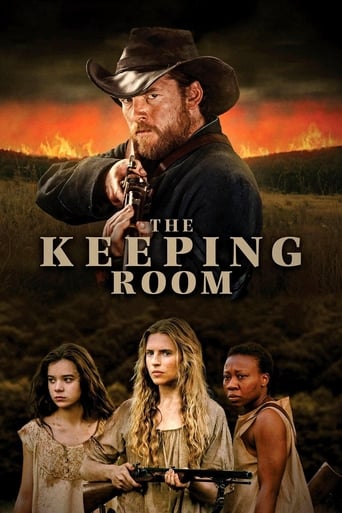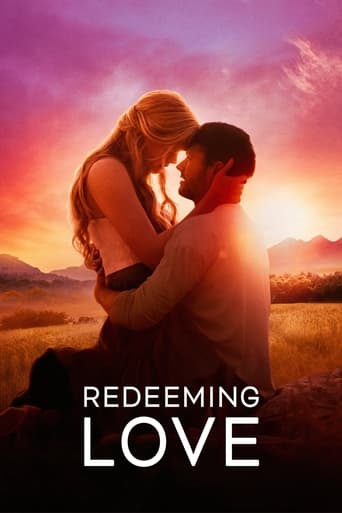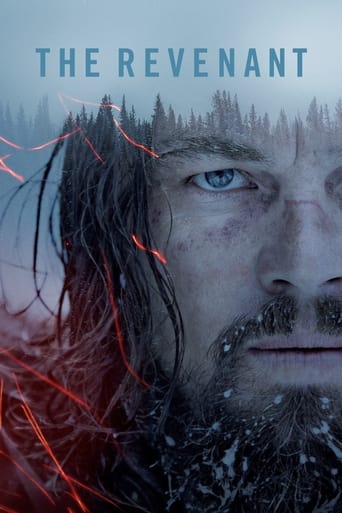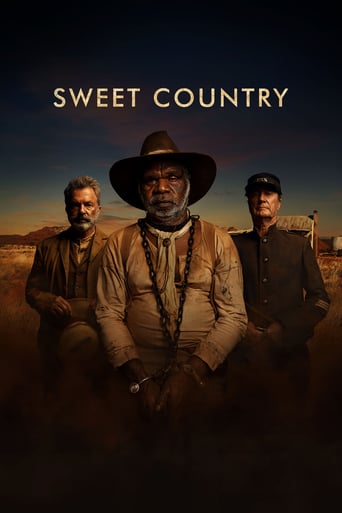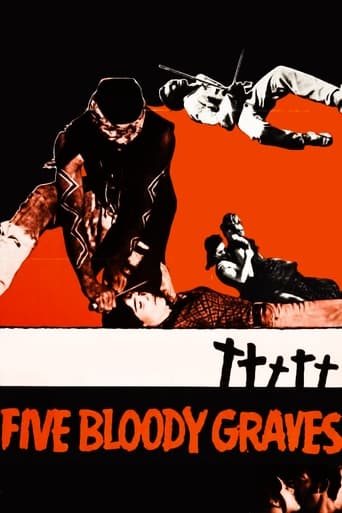Sergeant Rutledge (1960)
Respected black cavalry Sergeant Brax Rutledge stands court-martial for raping and killing a white woman and murdering her father, his superior officer.
Watch Trailer
Cast


Similar titles
Reviews
Good concept, poorly executed.
Clever, believable, and super fun to watch. It totally has replay value.
The acting in this movie is really good.
By the time the dramatic fireworks start popping off, each one feels earned.
Sergeant Rutledge. Is simply a movie ahead of it's time. MAde before to kill a mockingbird and In the heat of the night and Long before Guess who's coming to dinner. The story is a court martial of a respected soldier who is on trial for his life. He is accused of raping and murdering a girl. Typical story or court room drama. Except in this case the girl was white. And the accuser black. Those points are hammered home by John Ford as the court must ask itself is he being accused because of his being in the wrong place at the wrong time ? Or is it the colour of his skin? not to mention Rutledge had escaped once. but came back to warn his outpost about a Indian attack. An attack in which Rutledge not only risks his life to save his fellow soldiers. but where he wrestles with himself to stay or run. And stay he does. And he goes on trial in a pretty interesting court martial. This movie reminded me of the Searchers in a lot of ways. The light hearted atmosphere. And the seriousness that lurks under neath it. Woody Strode carries himself well. His Rutledge is a soldier and he lives and dies by the book. The movie is filmed quite beautifully and the draw backs are few. The romance storyline between hunter and the female lead is dreadful. It feels tacked on. The movie didn't need it. But even so it drags the movie in the scenes where the two leads are playing romance then with Dealing with Woody Strode's Rutledge. The only time the movie comes alive is when Rutledge is on the screen. But even so the movie doesn't feel dated. A tribute to John Ford who made this movie feel timeless. Two thumbs up for this movie.
With most of America enthralled with Raymond Burr as "Perry Mason" on TV and Harper Lee's "To Kill a Mockingbird" about to be released, director John Ford was at least ahead of the curve, even this late in his career. "Sergeant Rutledge" places the now-familiar trial of the noble Black man accused of raping a White woman in Mr. Ford's western setting. And, set in Monument Valley, to boot. The timely story has some problems, but should be appreciated for its effort.First of all, the title presumes the picture to be about "Sergeant Rutledge" (Woody Strode), who couldn't have been familiar to the vast majority of filmgoers - so, the more symbolically representative "Captain Buffalo" would have been a preferable title. And, it often seems like the title character is more like a prop, with romantic defenders Jeffrey Hunter (as Tom Cantrell) and Constance Towers (as Mary Beecher) taking center stage. Finally, the courtroom and location flashbacks aren't juxtaposed well, until the exciting climaxes. Watch for fluttering Billie Burke (as Cordelia) in her last featured role.Also, Ford "extra" Mae Marsh (as Nellie) gets a relatively good amount of screen time playing (obviously) a fluttery friend of Billie Burke. Ford, and many members of his troupe, absolutely recalled Ms. Marsh's courtroom appearance in D.W. Griffith's "Intolerance" (1916) - once upon a time, it was considered one of the most memorable moments in film. So, to have Marsh bracketing two great directors' attempts to redress past racist images is grand ironic counterpoint.****** Sergeant Rutledge (5/18/60) John Ford ~ Woody Strode, Jeffrey Hunter, Constance Towers, Billie Burke
There are two ways too look at this film. The first way too look at it is as a painting done by an artist of the Western Genre. In this sense, John Ford's film is just as good here as any film he did. The Monument Valley in Utah is used much the same here as it is in every film Ford featured it in.Fords work with this cast is a form of the artist too. Every person in this cast shines from Jeffrey Hunter's lead role throughout. Ford proves here he doesn't need John Wayne, James Stewart, or any of the biggest A List stars of 1960 to make a terrific film. This film is done with his style & flair. It has possibly the best performances on film of the entire cast. The classic courtroom & flash back sequences work as well as ever too.The second way to look at this is for political messages. I think it is a mistake too look at this film for that. Granted this is the largest black cast ever assembled for a Ford film, but that does not really mean he was trying to make a civil rights message here. In fact from what I see, the history here is fatally flawed as the period after the Civil War this is set in would not contain these people.Racism was not addressed immediately after the Civil War period. We wish (& maybe Ford did too) now that issue had been (Monday Morning Quarterbacks in 1960). True History indicates otherwise. What this script does is take some 1960 people who were coming around to the idea that racism is wrong, & places them after the Civil War. The result in this film is mixed on how effective that really is.Entertainment is something this film does provide well. Ford the artist does shine through here which makes this a much better than average film in it's era. I did read a review on here that takes offense too the women being sent out of the courtroom during certain testimony in the trial. The truth in that era is that could have happened. You have to remember that women did not get the right to vote until years after the time this movie is set in.Don't look at this movie as true history though. It is revisionist history. What I enjoy with this film is artistry of a great director taking an excellent cast & painting a great picture on a film canvas. This film does that very well.
Woody Strode is the title character but the film stars Jeff Hunter and Constance Towers. Mr. Strode is a towering presence but sadly he's wooden in his acting ability. And he's trapped in the "Good Negro Eunuch" role. Like Sidney Poitier in some of his earlier roles he's sexually non threatening, the sexual drama is all in the evil mind of the garrison folk, Rutledge would desert if the female victim had approached him sexually! While Sgt.Rutledge and his Tenth Cavalry mates are making it safe for white settlers to bring their racism westward, the Indians are relegated to bullet collectors. Ford would rectify this somewhat in the film Cheyenne Autumn but in Rutledge it's one uplifting minority tale at a time for Ford. If he had lived longer maybe the Japanese would have been seen in anew light earlier. Strode was in a couple of the aging directors last films Two Rode Together he played an Indian warrior, and in The Man Who Shot Liberty Valance he played John Wayne's faithful western Stepin Fechtit. But it's not as SGt. Rutledge I remember him for it's as an I Had a Enough of This Crap enlisted man in Pork Chop Hill a superior war movie starring Gregory Peck. Strodes' Pvt. Franklin is the exact opposite of the iconic Rutledge a brave man reaching his breaking point and aware too aware that the Korean War US is a double standard society. Rutledge is a weak Fordian western, ill regardless of it's subject matter.

